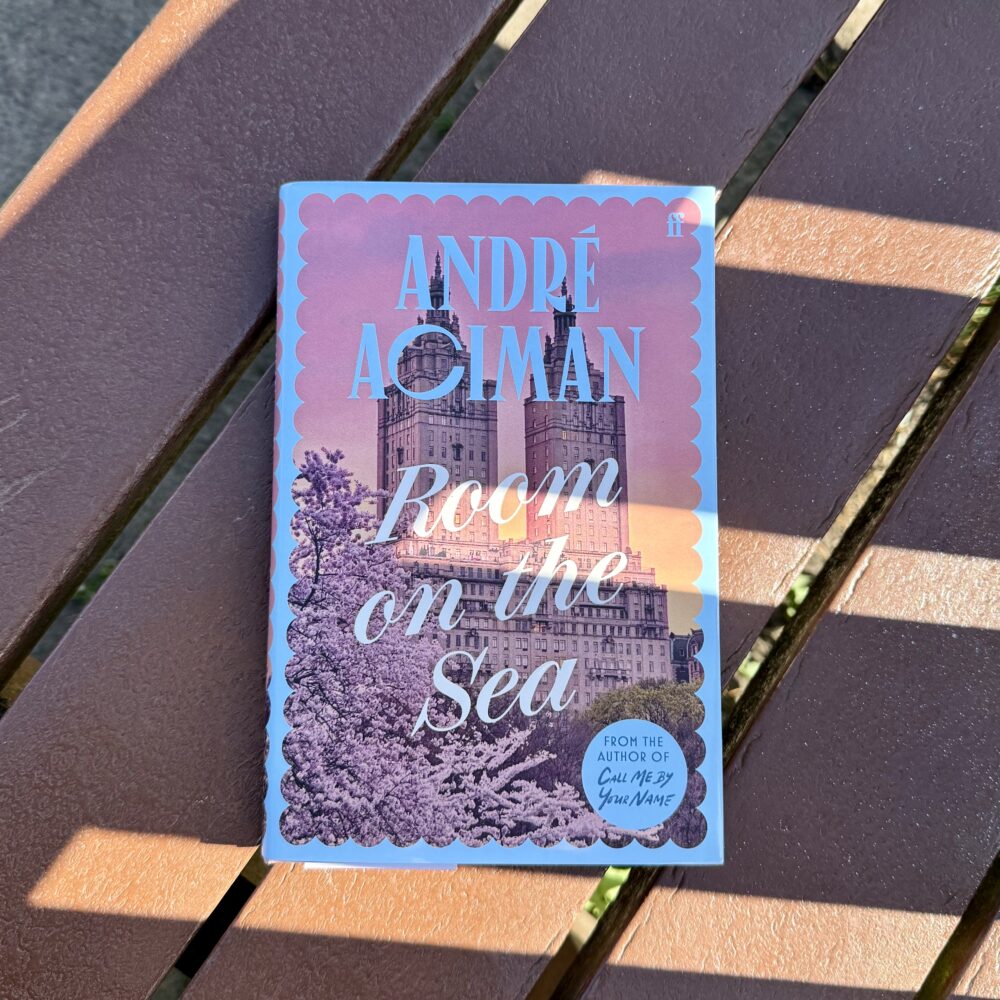‘Room on the Sea’ by André Aciman

This recently-published novella seemed to arrive with little fanfare, which is odd given that André Aciman has become something of a byword for wistful longing. I only came across it by chance, in a newspaper review, and couldn’t find a copy in any of my local bookshops. As often happens with favourite authors, I approached it with a touch of trepidation: I’ve enjoyed several of Aciman’s previous books, and there’s always the risk that a new one will be a pale retread of earlier triumphs. Happily, Room on the Sea stands proudly in its own right.
The novel follows two professionals approaching retirement, summoned for jury duty, and the unexpected relationship that develops between them. It’s set in New York, but it felt like a Neapolitan novel to me. Naples features in several evocative descriptions and discussions, and the emotional tone—sun-drenched, slightly chaotic, soaked in feeling—seemed more Italian than American. This is something I enjoy: there’s a particular warmth to novels with an Italian sensibility, and Aciman leans into that here. It’s a short book, with just 158 large-typed pages, but one which transported me completely.
The central characters are older than in many of Aciman’s previous novels. That change in perspective gives the book a slightly different quality: still emotional, still romantic, but with a more nuanced and complex edge. This is not a tale of the aching intensity of teenage love; rather, it’s about the unsettling, joyful thunderclap of connection that can strike even in a settled, middle-aged life. There’s something especially affecting about that.
The narrative spans just five days and focuses on the relationship between two fully realised characters, rounded out by the lives we glimpse beyond the page. Aciman draws a world that feels vast despite the narrowness of the story’s window. The effect is a little like listening at a door: we can only hear fragments, but the richness of what lies beyond is palpable.
There is, as you might expect, a good deal of wistful longing and bittersweet reflection—Aciman’s stock in trade—but it never feels overwrought. In fact, there’s a quiet joy at the heart of this novel: a sense that love, even when complicated or fleeting, can still be life-affirming. The open-endedness of the conclusion struck exactly the right tone. We don’t know precisely what happens next, but we’ve understood enough to feel its emotional truth.
I thought this was as good as anything Aciman has written. It’s short enough to read in a sitting and resonant enough to linger for much longer. Even if it’s not quite your thing, it won’t detain you long—but for me, it packed a slightly melancholic, slightly joyful, and more than slightly reflective punch.
This post was filed under: What I've Been Reading, André Aciman.